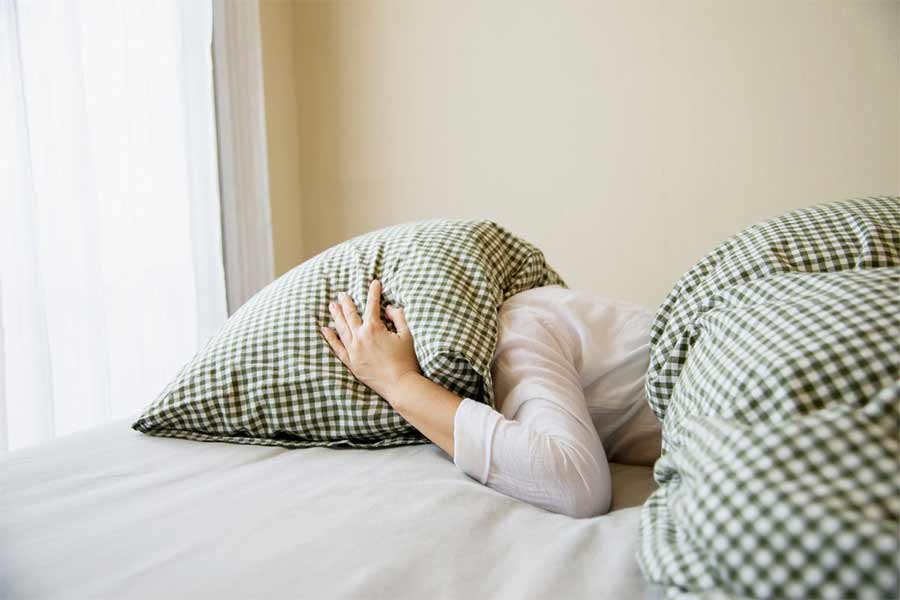Anxiety causes, among many other issues, sleeping problems. Research suggests sleep deprivation can cause an anxiety disorder. Research also shows that some form of sleep disruption is present in nearly all psychiatric disorders. Other studies show that people with chronic insomnia are at high risk of developing an anxiety disorder. I hope for those of you who are having trouble sleeping since the outbreak of COVID-19 these ideas are helpful to you.
What are Sleep Disorders?
Sleep disorders are conditions that affect how much and how well you sleep. The causes range from poor habits that keep you awake to medical problems that disrupt your sleep cycle. If you do not feel rested in the mornings then you should look at your overall health, as lack of good restorative sleep deprives our immune system from rebuilding which keeps us strong and full of vitality.
Restorative Sleep Tips
Learning to sleep well is known as sleep hygiene. Regular exercise should be part of the plan but the timing is important. Exercise in the late afternoon can make it easier to fall and stay asleep – just don’t let it get too late. If you can fit in a quick session, perhaps when you come home from work, even a ten-minute yoga stretch can make a difference. However, exercise within a couple of hours of bedtime can make it harder to fall asleep.


